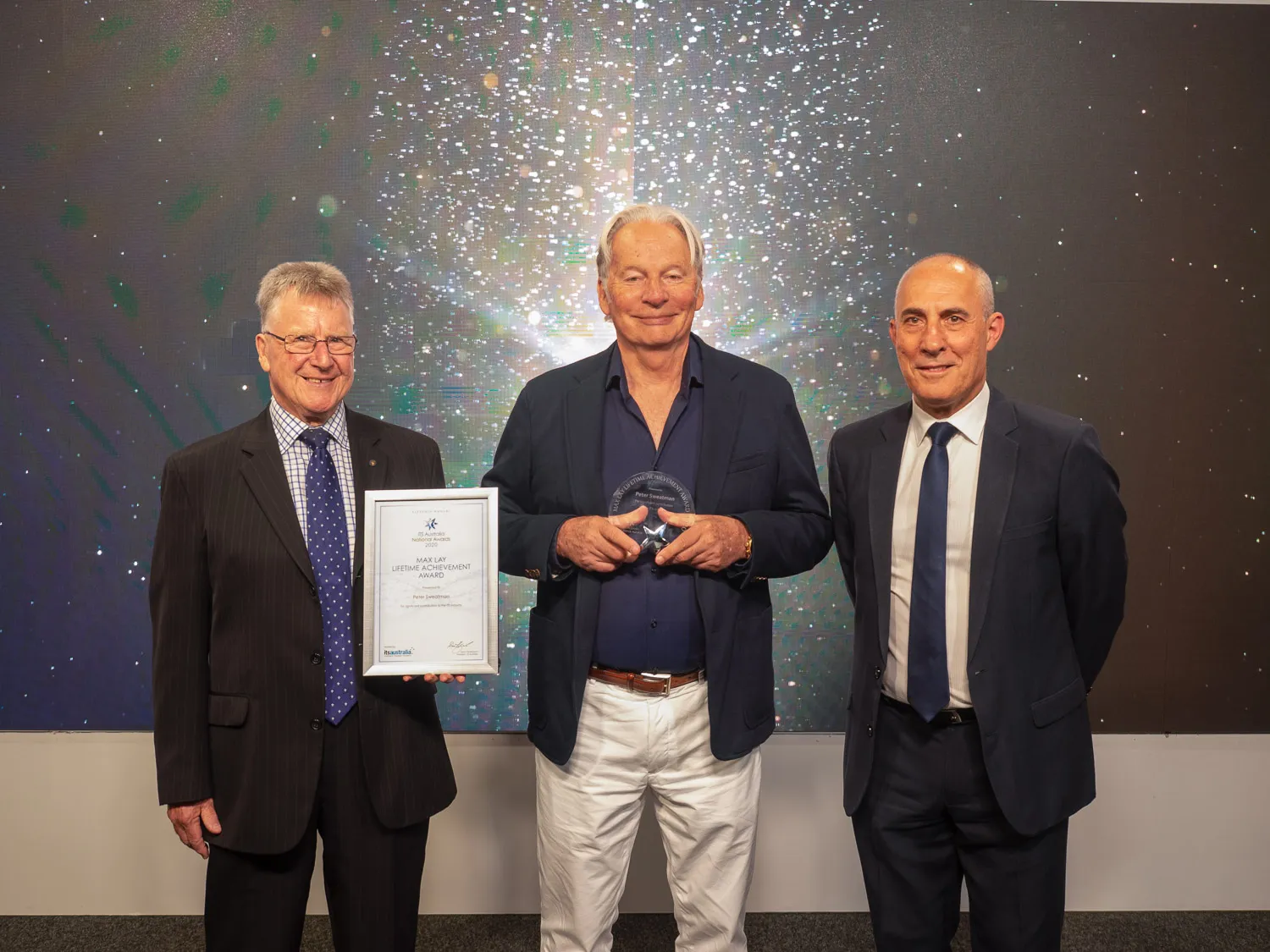The UK’s Transport Research Laboratory (TRL) the, has announced it is part of a new US$17 million five-year research programme to develop fully autonomous cars. The programme, jointly funded by Jaguar Land Rover and the Engineering and Physical Sciences Research Council (EPSRC), will look at some key technologies and questions that need to be addressed before driverless cars can be allowed on the roads without jeopardising the safety of other road users, including cyclists and pedestrians.
TRL is the on
October 23, 2015
Read time: 2 mins
RSSThe UK’s Transport Research Laboratory (491 TRL) the, has announced it is part of a new US$17 million five-year research programme to develop fully autonomous cars. The programme, jointly funded by 7998 Jaguar Land Rover and the 2220 Engineering and Physical Sciences Research Council (EPSRC), will look at some key technologies and questions that need to be addressed before driverless cars can be allowed on the roads without jeopardising the safety of other road users, including cyclists and pedestrians.
TRL is the only non-university research institute involved in the programme and will work alongside the University of Surrey, Warwick University and Imperial College London on a project to understand how distributed control systems and cloud computing can be integrated with vehicles. The project, which will be led by Dr Mehrdad Dianati from the University of Surrey, aims to design and validate a novel, Secure Cloud-based Distributed Control (SCDC) framework for connected and autonomous cars.
Alan Stevens, chief scientist at TRL commented; “The project will explore how increasingly automated and connected vehicles can operate safely and securely when connected to each other and, via the road infrastructure, to cloud-based resources. Ultimately the aim is to develop a secure framework that will enable the implementation of safe and robust semi-autonomous functions on future cars in the short term, and fully autonomous cars in the long term.”
TRL is the only non-university research institute involved in the programme and will work alongside the University of Surrey, Warwick University and Imperial College London on a project to understand how distributed control systems and cloud computing can be integrated with vehicles. The project, which will be led by Dr Mehrdad Dianati from the University of Surrey, aims to design and validate a novel, Secure Cloud-based Distributed Control (SCDC) framework for connected and autonomous cars.
Alan Stevens, chief scientist at TRL commented; “The project will explore how increasingly automated and connected vehicles can operate safely and securely when connected to each other and, via the road infrastructure, to cloud-based resources. Ultimately the aim is to develop a secure framework that will enable the implementation of safe and robust semi-autonomous functions on future cars in the short term, and fully autonomous cars in the long term.”









